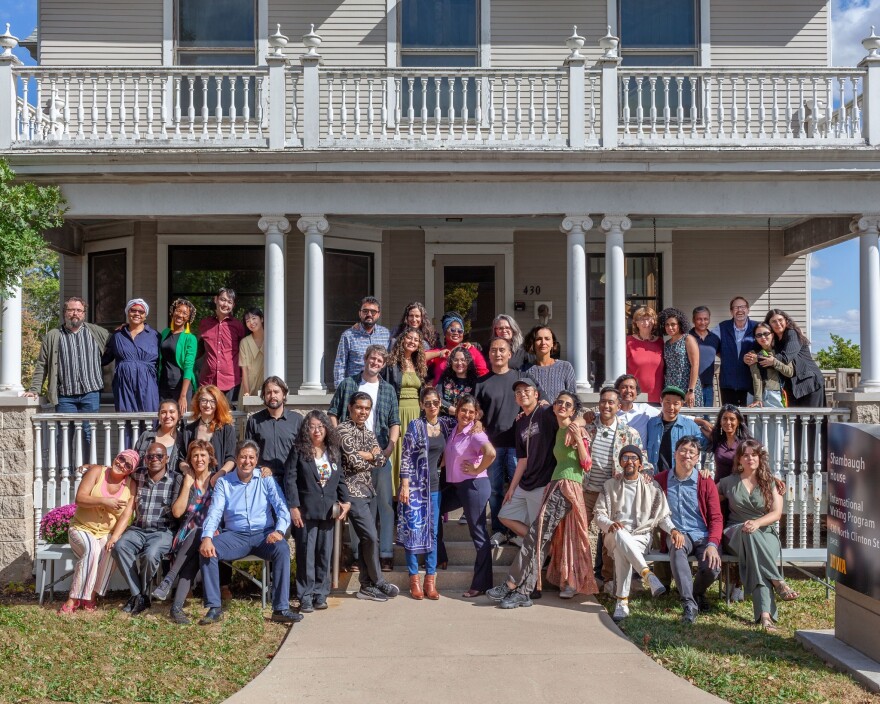The program is highly selective. It has hosted only 1,625 writers from 160 countries throughout its lifetime. Three have received the Nobel Prize in Literature — most recently, Han Kang of South Korea, who won the award for her poetry in 2024.
The IWP is known for its fall residency, which typically hosts 30 established writers for 11 weeks. The program’s website says it allows them to “take part in American university life and creates opportunities for them to contribute to literature courses both at the UI and across the country.”
“The fellowship the writers enjoy here, the chance to be in Iowa’s UNESCO City of Literature, has proved quite useful to the 1,625 writers we’ve hosted,” said Christopher Merrill, director of the program.
"During these next six months, we’ll hope that we can figure out a way to keep this storied program going."Christopher Merrill, director of the UI International Writing Program
However, due to the funding cuts, the number of writers in next fall’s residency will shrink by half.
The program is also cancelling its summer youth program, its distance learning courses and its Emerging Voices Mentorship Program that serves writers who are displaced or facing limited educational opportunities.
“That’s all out the window, with one email from the state department,” Merrill said. “I might note that our program officer had no knowledge of this. When I sent a text to her to say, ‘You’ve probably heard about this, what do you know?’ she had not been told about it.”
Merrill said three grants were terminated, two of which had already been mostly used. Altogether, the grants totaled nearly $1 million, which Merrill estimated is between one-half and two-thirds of the program’s revenue.
A news release from the university said the state department said the grants “no longer effectuate agency priorities." Merrill said no other reasons were given for their termination.
“We’re going to have to let several staff members go, unfortunately, in the short term,” Merrill said. “The Graduate College has promised to honor the contracts they have with us, but at the end of their term appointments we won’t be able to keep them on. Between that and trying to think through different funding models, we hope to outline a way forward. But I don’t know where we’re going to end up on the other side of this.”
In the meantime, the program will rely on endowment funds and “gifts, grants, support from foreign ministries of culture and nongovernmental organizations” to run the next fall residency, according to the news release.
"During these next six months, we’ll hope that we can figure out a way to keep this storied program going,” Merrill said.






